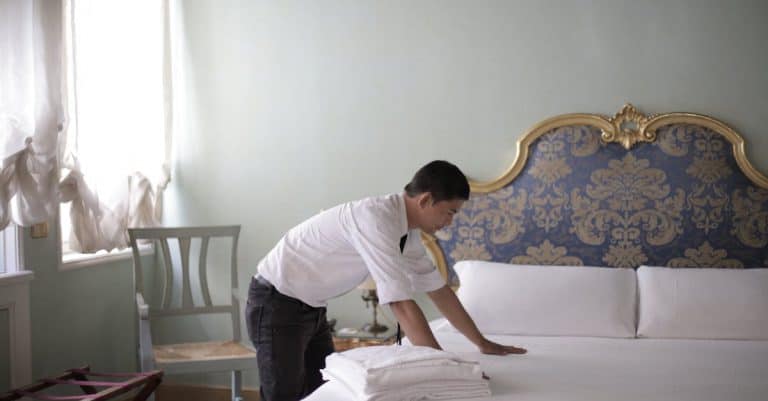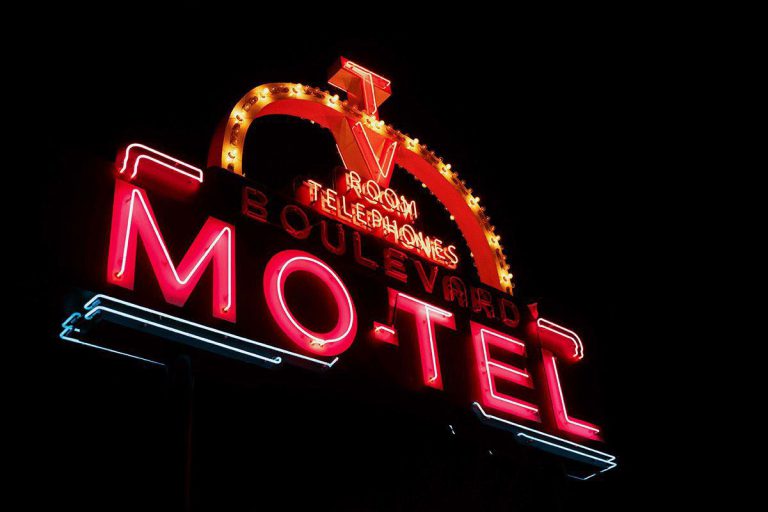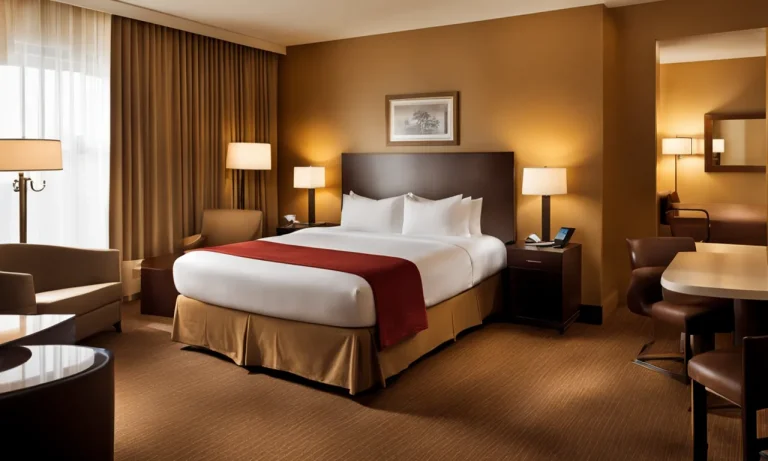Discover your rights and options when faced with double charges from a hotel
If you’re short on time, here’s a quick answer to your question: Yes, you can sue a hotel for charging you twice.
In this article, we will explore the circumstances under which you can take legal action against a hotel for double billing and provide steps to resolve the issue.
Understanding Double Billing
Double billing is a situation where a hotel charges a guest more than once for the same service or transaction. It can happen due to various reasons, including technical glitches, human error, or even deliberate actions.
This can be frustrating for guests who have to deal with the inconvenience of extra charges on their credit card statements. In such cases, it is essential to understand the causes of double billing and the legal implications involved.
What is double billing?
Double billing occurs when a hotel mistakenly or intentionally charges a guest multiple times for the same service or transaction. It can happen during the check-in process, at the time of payment, or even after the guest has checked out.
In some cases, the duplicate charge may be for an entirely different amount, while in others, it may be an exact duplicate of the original charge. Regardless of the circumstances, double billing is an error that should be resolved promptly to avoid financial inconvenience for the guest.
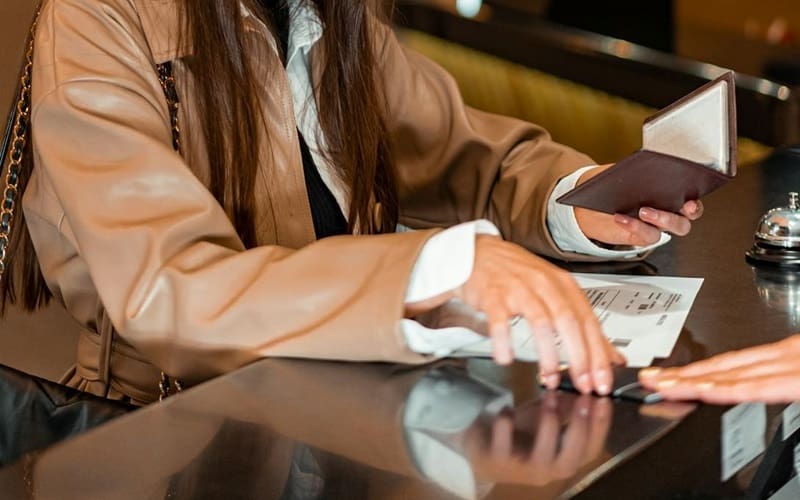
Common causes of double billing
The causes of double billing can vary, but some common factors contribute to this issue. Technical glitches in the hotel’s payment processing system or errors in entering credit card information can result in duplicate charges.
In other cases, miscommunication between hotel staff members or failure to properly reconcile transactions can lead to double billing. Additionally, some unscrupulous individuals may deliberately engage in fraudulent behavior, such as intentionally charging guests multiple times, hoping that they won’t notice.
Legal implications of double billing
Double billing can have legal implications for both the hotel and the guest. From the guest’s perspective, it is important to review credit card statements regularly and dispute any duplicate charges promptly.
Most credit card companies have policies in place to protect consumers from fraudulent charges and can assist in resolving double billing issues. If necessary, legal action may be taken against the hotel to recover any financial losses or seek compensation for the inconvenience caused.
On the other hand, hotels should take double billing seriously and work towards resolving the issue promptly. Failure to address double billing complaints can damage a hotel’s reputation and potentially lead to legal consequences.
It is crucial for hotels to have proper systems in place to prevent double billing, including regular audits, staff training, and effective communication channels to handle guest concerns.
Steps to Resolve Double Billing
Contact the hotel immediately
If you have been charged twice by a hotel, the first step is to contact the hotel directly. You can call their front desk or speak to the manager on duty.
Explain the situation calmly and provide them with the necessary details such as your reservation number, dates of stay, and the amount that was charged twice. Most hotels have a dedicated customer service department that can assist you in resolving the issue.
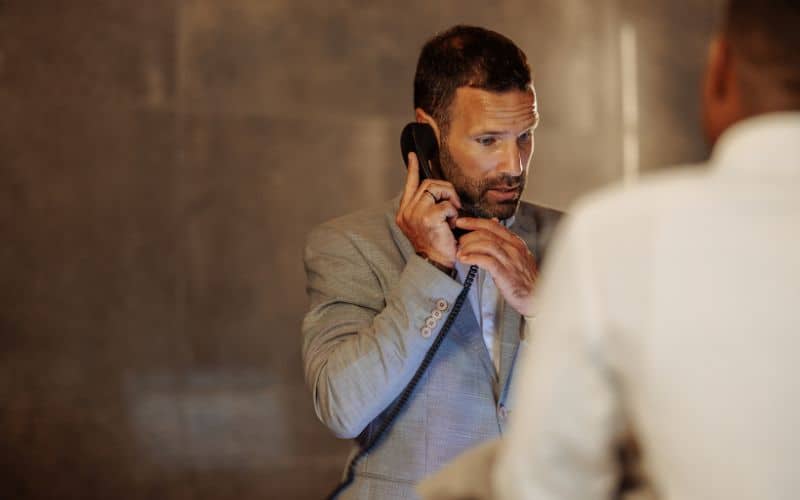
Document the charges and gather evidence
It’s important to gather as much evidence as possible to support your claim of double billing. Take screenshots or print out your booking confirmation, receipts, and any other relevant documents.
Keep a record of all communication with the hotel, whether it’s through phone calls, emails, or chat messages. This documentation will be valuable if you need to escalate the issue further.
Dispute the charges with your bank or credit card company
If the hotel is uncooperative or if you are unable to reach a satisfactory resolution with them, the next step is to contact your bank or credit card company.
Reach out to their customer service department and explain the situation. They will guide you on the process of disputing the charges and may initiate an investigation. In some cases, they may issue a temporary credit while the investigation is ongoing.
File a complaint with consumer protection agencies
If all else fails, you can file a complaint with consumer protection agencies. These agencies are responsible for ensuring fair practices by businesses and can mediate between you and the hotel.
Additionally, they may have the authority to take legal action against the hotel if necessary. Check the website of your local consumer protection agency for information on how to file a complaint.
Legal Recourse for Double Billing
Discovering that you have been charged twice for your hotel stay can be frustrating and inconvenient. However, as a consumer, you have rights and options to seek legal recourse in such situations.
Understanding your rights and the available legal avenues can help you navigate through the process and potentially recover your money.
Understanding your rights as a consumer
When you book a hotel room, you enter into a contractual agreement with the hotel. This agreement includes the terms and conditions of your stay, including the agreed-upon rate. If the hotel charges you twice, they may be in breach of this agreement.
As a consumer, you have the right to receive the services you paid for and to be charged accurately. If you have evidence of the double billing, such as receipts or credit card statements, it can strengthen your case. Keep records of all communication with the hotel, including emails or phone calls, as they may be useful in resolving the issue.
Small claims court
If the hotel refuses to refund the duplicate charge, you may consider taking your case to small claims court. Small claims court is designed to handle disputes involving relatively small amounts of money, making it an accessible option for consumers seeking resolution.
Before filing a claim, gather all relevant documents and evidence to support your case. This may include receipts, credit card statements, and any correspondence with the hotel. Small claims court procedures and requirements vary by jurisdiction, so it is important to familiarize yourself with the specific rules and regulations in your area.
Hiring an attorney
If the amount involved is substantial or the hotel is uncooperative, you may want to consider hiring an attorney. An attorney with experience in consumer protection can guide you through the legal process, negotiate with the hotel on your behalf, and represent you in court if necessary.
Before hiring an attorney, research their background and experience in consumer law. You can also seek recommendations from friends, family, or trusted online sources. Many attorneys offer free consultations, allowing you to discuss your case and determine the best course of action.
Suing a hotel for double billing can be a complex process, but with the right knowledge and support, you can seek legal recourse and potentially recover the charges. Remember to gather evidence, understand your rights, and consider the available legal options.
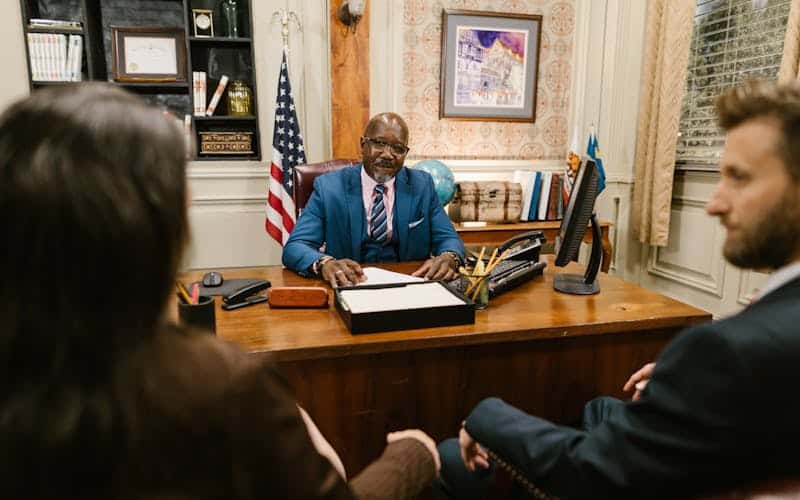
Proving Damages in a Lawsuit
When you find yourself in a situation where you have been charged twice by a hotel, it can be frustrating and financially burdensome.
If you are considering taking legal action against the hotel to recover the additional charges, it is important to understand how to prove damages in a lawsuit.
Keeping records of financial losses
The first step in proving damages is to keep meticulous records of any financial losses you have incurred as a result of the hotel’s double charge.
This includes retaining receipts, bank statements, credit card statements, and any other relevant documents that show the additional charges and any fees or penalties you may have incurred as a result.
Additionally, it is important to keep track of any other expenses that may have arisen due to the double charge.
For example, if you had to pay for additional meals or transportation because you did not have access to the funds that were wrongly charged by the hotel, be sure to keep records of these expenses as well.
Gathering supporting documentation
In order to strengthen your case, it is crucial to gather supporting documentation that proves the hotel’s negligence or wrongdoing.
This may include screenshots or printouts of any communication you had with the hotel regarding the double charge, such as emails or text messages.
If you spoke to any hotel staff members or managers about the issue, make note of their names and contact information, as they may be potential witnesses in your case.
It can also be helpful to gather any evidence that shows a pattern of double charging by the hotel, such as online reviews or complaints from other guests.
Calculating damages
Calculating the damages you are seeking in the lawsuit is an important part of the process. This involves adding up all the financial losses you have incurred, including the double charge itself, any fees or penalties, and any additional expenses you had to pay as a result.
It is important to be as accurate as possible when calculating damages, as this will help strengthen your case.
If you are unsure of how to accurately calculate damages, it may be beneficial to consult with a legal professional who can guide you through the process. They can help you determine what expenses can be included in your claim and ensure that you are seeking a fair and reasonable amount.
Other Options for Resolution
If you find yourself in a situation where a hotel has charged you twice, there are several options available to resolve the issue. Taking the right course of action can help you recover your money and prevent similar situations from happening in the future.
Mediation or arbitration
One option to consider is mediation or arbitration. These processes involve a neutral third party who can help facilitate a resolution between you and the hotel.
Mediation typically involves a mediator who helps both parties communicate and find a mutually satisfactory solution. Arbitration, on the other hand, involves a neutral arbitrator who listens to both sides and makes a binding decision.
Mediation or arbitration can be a more cost-effective and efficient alternative to going to court. It allows both parties to have a say in the outcome and can often lead to a quicker resolution. You can reach out to your local consumer protection agency or a private mediator/arbitrator to explore this option further.
Negotiating a settlement
Another option is to negotiate a settlement with the hotel directly. This involves reaching out to the hotel management or their customer service department to explain the situation and request a refund. Be sure to provide any evidence you have, such as credit card statements or receipts, to support your claim. It can be helpful to remain calm and polite during these discussions as it increases the likelihood of a favorable outcome.
When negotiating a settlement, it is important to know your rights and the hotel’s refund policy. Familiarize yourself with the terms and conditions of your booking and any applicable laws that may protect your rights as a consumer. This knowledge can give you leverage during the negotiation process.
Escalating the issue to hotel management
If mediation, arbitration, or negotiation do not produce satisfactory results, you may consider escalating the issue to higher levels of hotel management. This could involve speaking with a supervisor, manager, or even the hotel’s general manager. Clearly explain the situation and express your dissatisfaction, emphasizing your desire for a resolution.
During this process, it can be helpful to document all communication and interactions with the hotel. Keep a record of dates, times, names of people you speak with, and any promises or commitments made. This documentation can be important if you decide to pursue legal action or file a complaint with a regulatory agency.
Remember, each situation is unique, and the best course of action may vary depending on the circumstances. It is always a good idea to consult with a legal professional or seek advice from consumer advocacy organizations if you are unsure about your options or the best approach to take.

Conclusion
While being charged twice by a hotel can be frustrating, you have legal options to seek a resolution.
By understanding your rights, following the necessary steps, and considering legal recourse when needed, you can navigate the situation effectively.
Remember to keep all relevant documentation and seek advice from consumer protection agencies or legal professionals.
If you find yourself in a similar situation, don’t hesitate to take action and assert your rights as a consumer.

